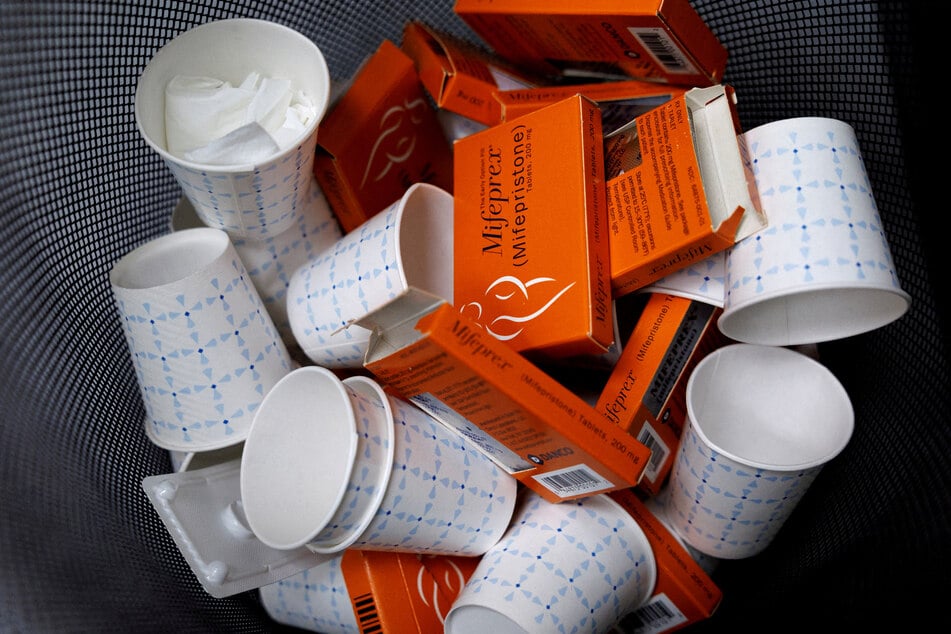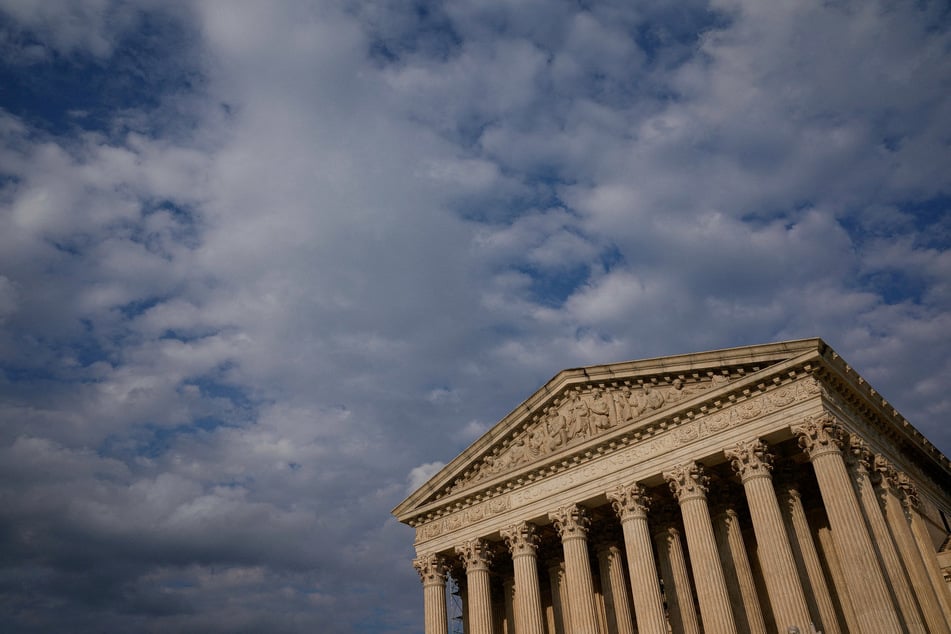Supreme Court slams the brakes on restriction to abortion pill
Washington DC - The US Supreme Court temporarily paused through at least Wednesday a court order that would have restricted a commonly used abortion drug nationwide in a brief order issued Friday afternoon.

The order from Justice Samuel Alito gives challengers to the 2000 Food and Drug Administration approval of the drug mifepristone until Tuesday at noon to respond.
Earlier on Friday, the Justice Department and a pharmaceutical company asked the high court to intervene following a ruling from the US Court of Appeals for the 5th Circuit partially upholding the lower court order restricting availability of the drug that would have taken effect this weekend. The applications from the DOJ and Danco Laboratories, which makes the drug mifepristone, asked the justices to stop a ruling from the 5th Circuit that would limit the availability of the drug while an appeal plays out.
The DOJ argued that the appeals court ruling would limit abortion access nationwide and conflicts with a separate ruling from a district court in Washington state to preserve the status quo for the drug’s availability in 17 states and the District of Columbia.
"If allowed to take effect, the lower courts’ orders would thwart FDA’s scientific judgment and undermine widespread reliance in a healthcare system that assumes the availability of mifepristone as an alternative to more burdensome and invasive surgical abortions," the DOJ brief said.
Danco blasts circuit judges for "second-guessing"

Danco wrote in its application that the appeals court ruling, as well as a trial judge’s ruling against the FDA’s approval of mifepristone, undermined the agency’s process.
The judges at the 5th Circuit engaged in "blatant second-guessing" of experts at an administrative agency that would "inject confusion, uncertainty, and expense into the regulation of an industry that plays a foundational role in the health and safety of millions of Americans," Danco wrote.
The drugmaker also pointed to last year’s Supreme Court decision in Dobbs v. Jackson Women’s Health Organization, which overturned the constitutional right to an abortion.
"The Court announced in Dobbs that it was returning the issue of abortion to the political branches," Danco wrote. "If the Court denies a stay, it abandons that assurance."
Fight over mifepristone continues
The court fight over mifepristone spun into high gear last week when Matthew Kacsmaryk, a judge for the US District Court for the Northern District of Texas, ruled to suspend the FDA’s 2000 approval of mifepristone. Mifepristone is one of the two drugs used in miscarriage management and medication abortion, along with misoprostol, and is used in roughly half of all abortions.
Kacsmaryk’s ruling would have gone into effect on Saturday.
The US District Court of Appeals for the 5th Circuit on Wednesday ruled to keep mifepristone on the market past Saturday, but with limitations.
The 5th Circuit’s ruling put the suspension of the FDA’s approval of the drug on hold, but rolled back the agency’s later revisions to that approval, meaning patients could access the drug only up to seven weeks of pregnancy and could not access the drug by mail.
Cover photo: REUTERS

